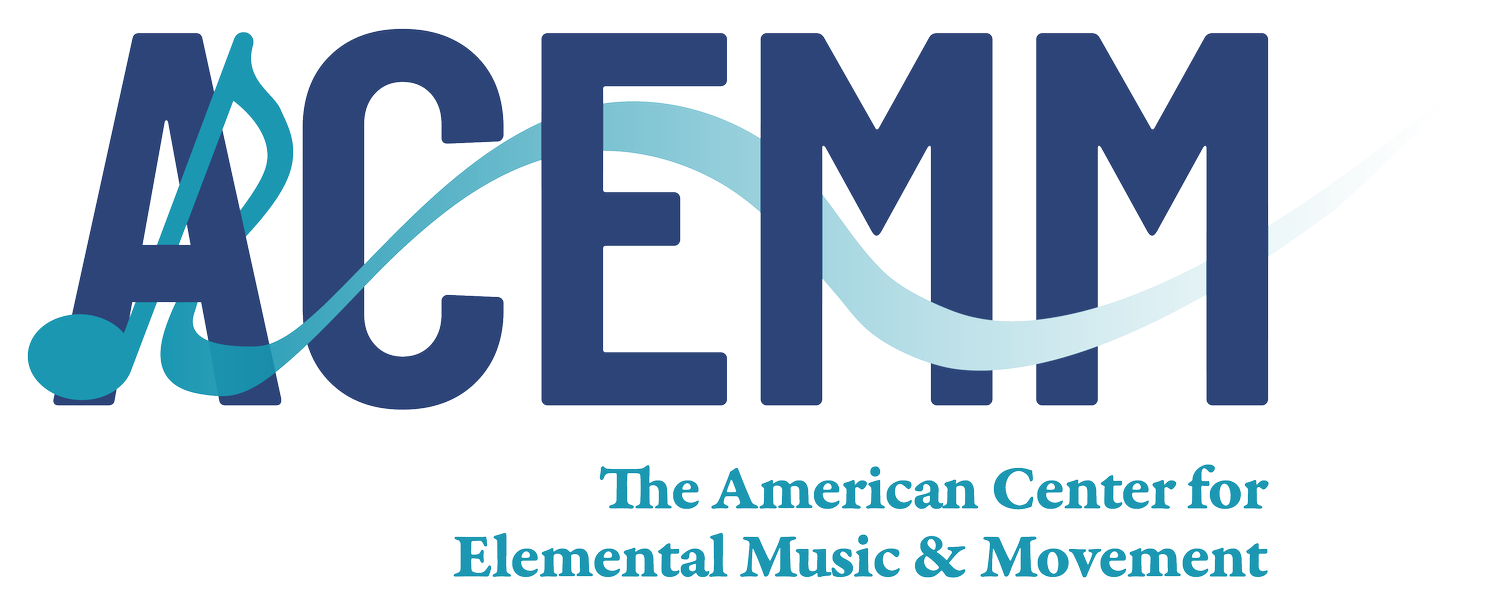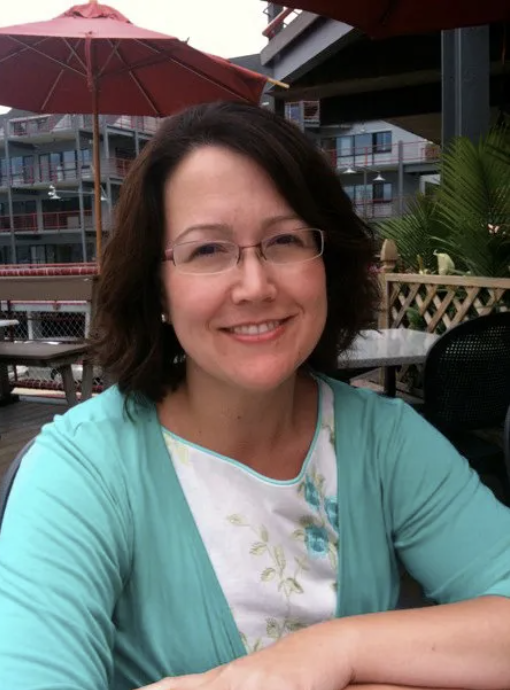Our Spring 2013 Spotlight Recipient: Bonnie Tynch
“I am in love with teaching children to love music. As a music teacher, I can be the bridge between the students and a life-long relationship with music. I enjoy finding creative ways to build skills, foster motivation and spark the imagination of my students.”
Bonny is an exemplary teacher of both general music and choral music in northern Virginia. She teaches music to students in grades Pre-K through 6th grade at Cunningham Park Elementary School in the Fairfax County Public School System, and serves as conductor and Artistic Coordinator of the Fairfax Choral Society West Campus Youth Choirs. In addition to completing her Orff Certification and Master Level IV training at George Mason University, Bonny has also presented at several AOSA national conferences. Bonny has also been president of the Mid-Atlantic chapter of AOSA.
“Bonny has a vision for her students and for her own growth as an educator, musician, and artist. She understands the work it takes to seem effortless and magical in her teaching. Bonny has a calm, soothing way about her that sets students and colleagues at ease, but she also carries with her a spark – a joyful, enthusiastic energy that is backed up by high standards, careful plans, and a willingness to allow her students take an unexpected path. Bonny takes the small elements and builds lessons, performances, relationships, and ideas. One of her greatest contributions is her consistent discussion of teaching. She is always reflecting and starting conversations about teaching and music. She has made me think more clearly about what I do and why I do it. I think this contribution is the kind that will keep elemental music and movement education alive for years to come.” – Betsy Kipperman, colleague
“I challenge my colleagues to consider every day as an opportunity to light a fire, inspire a life and facilitate meaningful and joyful experiences for your students. Don’t just teach the notes. Teach about the special silence before a note is sounded, the anticipation and excitement in a rest and the magical moment of silence after the last note is sung. Only give them the best repertoire- it should be well crafted and possess beauty and truth. Remember, we are some of the last keepers of childhood. Don’t just tell them what to do. Guide them to think like composers and make choices. Challenge them to give a part of themselves to making the music come alive. Help them make emotional connections to the sounds they are producing. Show them how music communicates to our hearts. Music is quite magical and we should never feel the need to hide our enthusiasm for that! And last but not least, never underestimate the potential for artistry in a child. Any child.”



